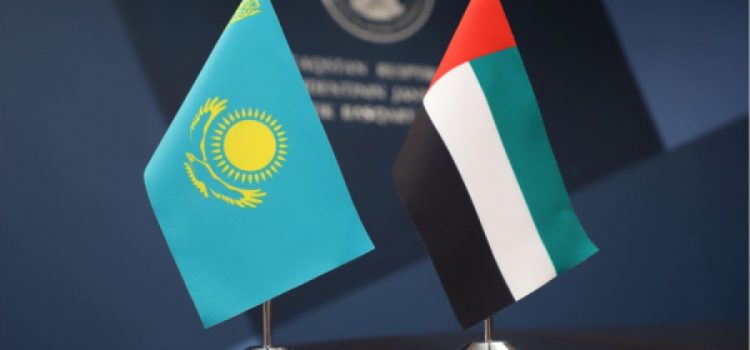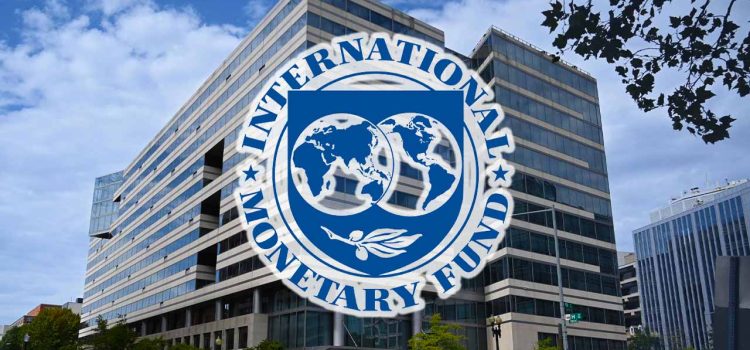
UAE Executive Office of Anti-Money Laundering and Counter Terrorism Financing (EO AML/CTF) and the Financial Monitoring Agency of the Republic of Kazakhstan (FMA) signed a Memorandum of Understanding (MOU) to enhance bilateral cooperation in the combatting of financial crimes with focus on virtual assets, public-private partnership (PPP), education and capacity building, and asset recovery.
Knowledge sharing will cover virtual assets, with both parties committed to improving regional and local understanding of the risks associated with ML/TF/PF related to virtual assets. It will also include public-private partnership initiatives with the counterparties agreeing to collaborate on the establishment of rules to exchange strategic and operational information between the public and private sectors to prevent and combat money laundering and terrorism financing risks.
Hamid AlZaabi, Director General of the EO AML/CTF, remarked that the signing of the MoU formalizes the commitment made by both countries to protect the integrity of the global financial system. “Effective strategic engagement and cooperation with international counterparties is essential in the fight against financial crime and is central to the UAE’s strategy. The signing of this Memorandum with the FMA in Kazakhstan is significant and comes at a time when the EO AML/CTF is working to strengthen its collaboration efforts with international partners over the long-term. We have decided to focus on four key areas to ensure that our coordination is targeted, allowing us to make a real impact in addressing the most pressing issues in AML/CFT today.”
Zhanat Elimanov, Chairman of the FMA, welcomed to MoU, and said, “This year the relationship between our countries in the AML/CFT field has reached a new level. We have managed to establish an effective exchange of strategic and operational information. This has contributed to the successful investigation of major cases on money laundering committed in our country. We are inspired by UAE’s achievements in implementing IT solutions in AML activities. With great respect, we will adopt this experience”.









